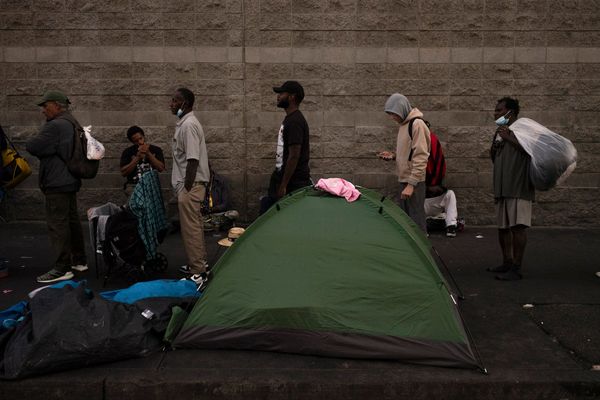
Tehran (AFP) - Iran's President Ebrahim Raisi on Monday appointed a Revolutionary Guards general as the country's top security official, replacing Ali Shamkhani after nearly a decade marked by headway in Gulf diplomacy.
"Ali Akbar Ahmadian was appointed as the secretary of the Supreme National Security Council by the decree of the president," the official presidential website reported.
The Islamic republic's highest security body, the council reports to supreme leader Ayatollah Ali Khamenei who has the final word on all major policy decision.
Ahmadian, graduate of the National Defence University, was in charge of the strategic centre of the Islamic Revolutionary Guard Corps (IRGC) before his appointment to the new post, the presidency said.
The general, in his early 60s, has also served on the Expediency Council, an advisory board to Khamenei.
Ahmadian's previous roles include commander of the IRGC's naval forces and chief of its joint staff, the presidential website added.
In 2007, as head of the powerful security force's joint staff, Ahmadian was blacklisted by the United States.
He replaces Shamkhani, 67, who in 2013 took over as Iran's security chief from ultraconservative Saeed Jalili.
Shamkhani, an ethnic Arab who had also previously served as a Revolutionary Guards commander, has been credited with defusing Iran's years-long tensions with some Gulf nations.
The Iranian admiral played a key role in Iran's landmark rapprochement with Sunni powerhouse Saudi Arabia in March after seven years of strife and enmity.
Before the latest Iran-Saudi rift, Riyadh in the year 2000 had awarded Shamkhani the Order of Abdulaziz Al Saud medal -- the kingdom's highest honour -- for his work as defence minister in bringing the two countries together.
Shamkhani had also been involved in talks with world powers on Iran's nuclear programme, which in 2015 produced a landmark agreement.
But the deal collapsed in 2018 after the United States unilaterally withdrew from it and reimposed sanctions, prompting Iran to suspend the implementation of its own commitments to curb nuclear activity including uranium enrichment.







